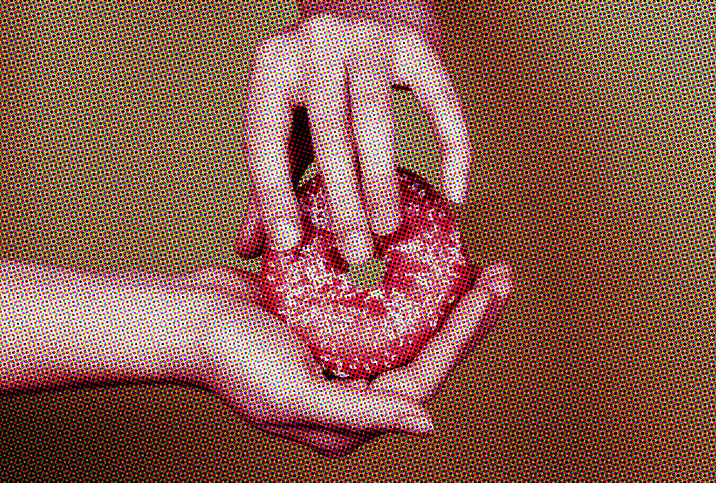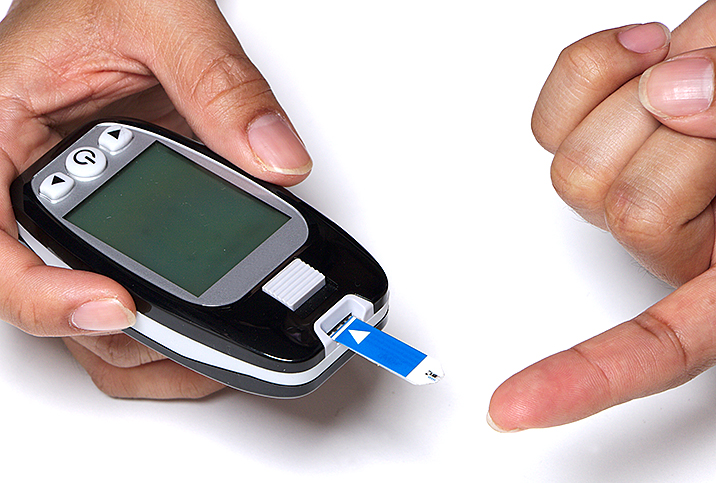Sex & Diabetes: Coping with Health Issues

Diabetes is one of the most common chronic conditions in the United States, affecting more than 34 million people, according to the Centers for Disease Control and Prevention (CDC).
While you may already have a sense of what diabetes is, you may not know that it’s linked to sexual dysfunction in both men and women. However, sexual side effects can be managed alongside your diabetes.
Diabetes: a brief overview
Diabetes is a chronic disease related to how our body uses glucose (sugar), which is the main fuel for our brain and a critical component of energy for our cells. Diabetes comes in three varieties: type 1, type 2 and gestational (which typically resolves after childbirth). All three can cause excessively high levels of glucose in the bloodstream, which happens either because the body doesn’t make enough insulin or stops recognizing it. Insulin is a hormone that tells our body, “Hey, we’ve just eaten, we’ve got lots of sugar on board; let’s store some so we keep our blood sugar levels normal.”
Without insulin, blood sugar can rise out of control.
High blood sugar causes myriad symptoms: frequent urination, increased thirst, unexplained weight loss, hunger, blurred vision, frequent infections and ketones in the urine. Inevitably, long-term health problems can ensue, such as heart, kidney and dental diseases, strokes, blindness, non-healing foot ulcers, nerve damage, Alzheimer’s disease and depression. The causes of many of these systemic health issues are related to blood vessel damage from high levels of glucose in the bloodstream.
Diabetes’ effects on sexual health
Women with diabetes can experience vaginal dryness, genital arousal disorder, painful sex due to nerve damage, and hormonal changes that can make sex difficult. Nerve damage in diabetic men can result in erectile dysfunction (ED). In fact, diabetic men may experience issues with ED 10 to 15 years before those without diabetes. Men may also experience ejaculatory dysfunction and hormonal changes that impact sex.
Nerve damage from diabetes may also affect or worsen bladder problems; difficulty emptying the bladder fully can increase the risk for urinary tract infections (UTIs). Nerve damage can affect genitals, too, reducing sensation and making it more difficult to orgasm. Mental health effects from diabetes, such as depression, can decrease libido or interest in even trying to engage in sex.
Treating diabetes & its sexual effects
All people with diabetes should have a plan of care established with their primary care physician or endocrinologist. If you’re having sexual health problems, discuss them with your doctor and your partner. Your doctor could help determine whether the problems are related to your underlying diabetes and if there are ways to adjust medications or other treatments to help. Medications help control blood glucose levels, reducing the risk of nerve damage and other causes of sexual problems, so it’s important to monitor your blood sugar, strictly adhere to the treatment plan created by your doctor and follow up regularly. Weight loss can also help and may reverse related erectile dysfunction.
Lean on family, friends and/or a partner for support. Diabetes is a common and challenging disease, and there are many resources you can depend on for help and education. Options might include joining a diabetes support group or online patient forums, or perhaps talking to a sex therapist about your sex life, as people living with chronic diseases can lose interest in sex, and this could be related to underlying depression or some other mood condition.

















